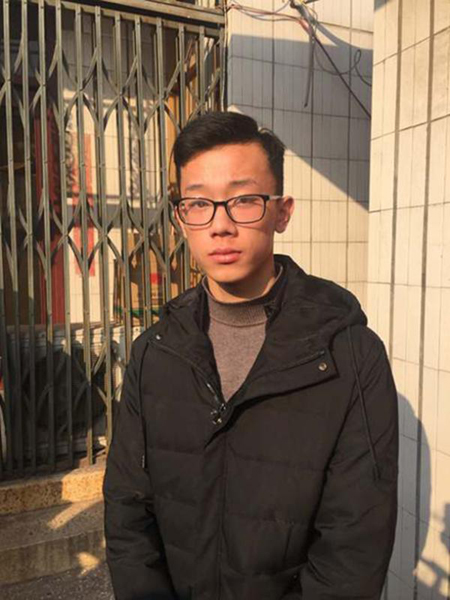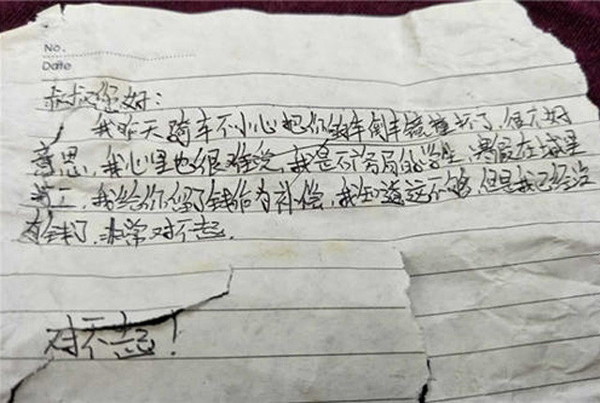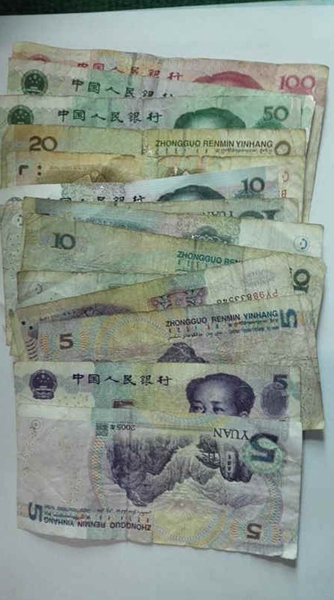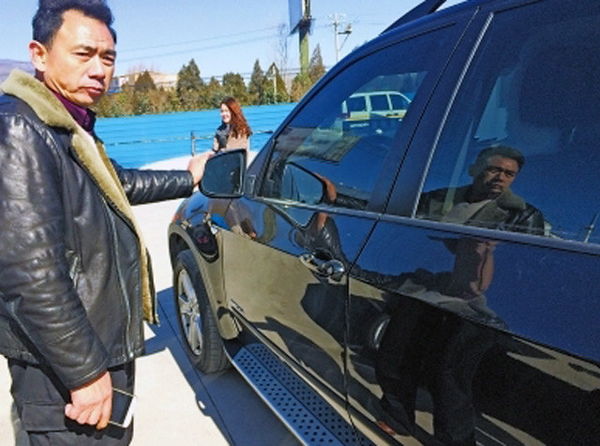An increasing number of Chinese couples are celebrating this year’s Valentine’s Day by traveling abroad, which will cost them 12,154 yuan (about US$1,766) on average, reports say.
According to a report published recently by Ctrip, one of China’s largest tour booking websites, many couples choose to travel between Feb. 10 and 14, with domestic travel and short trips to foreign countries as a preference. About 55% of the couples surveyed have booked outbound tours, which will cost them 12,154 yuan. The total cost for both domestic and outbound trips is expected to reach 6,028 yuan on average.
Couples in first-tier cities, namely, Shanghai, Beijing and Guangzhou, take the most outbound trips, according to flight booking data released by Qunar, another tour booking website. Couples in Shanghai choose to fly to Bangkok, Hong Kong, and Tokyo to spend the Valentine’s Day. Couples in Beijing and the southern Chinese city of Guangzhou prefer nearby destinations, with the former heading to South Korea and Japan, and the latter flying to Singapore and Kuala Lumpur.
As this year’s Valentine’s Day falls on a weekday, many couples who don’t have time to travel choose to go to hotels. Young Chinese couples who are born in the 1990s in second-tier cities have contributed to 35 to 45 percent more hotel bookings than last year, according to the Qunar data. Their favorite love hotels are priced between 220 yuan to 360 yuan per night, higher than on average days.
Apart from traveling around and staying at hotels, giving presents remains a popular way of celebrating the Valentine’s Day. According to a survey by Zhenai.com, a Chinese matchmaking website, 77.4% of respondents believed couples should celebrate the day and give presents to their loved ones. More than 50% of couples will give presents priced over 1,000 yuan. Men prefer watches, clothes and electronic products, while women like jewelry, roses, and digital “red envelops,” digital cash gifts that are popular on China’s social-networking app WeChat.




